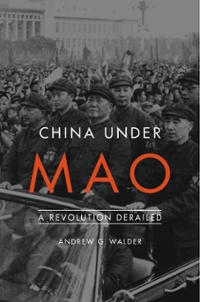Question
Suppose that a paper mill feeds a downstream box mill. For the downstream mill, the marginal profitability of producing boxes declines with volume. For example,
Suppose that a paper mill "feeds" a downstream box mill. For the downstream mill, the marginal profitability of producing boxes declines with volume. For example, the first unit of boxes increases earnings by $60, the second by $54, the third by $48, and so on, until the tenth unit increases profit by just $6.
The cost the upstream mill incurs for producing enough paper (one "unit" of paper) to make one unit of boxes is $6.50.
Assume the two mills operate as separate profit centers, and the paper mill sets the price of paper. It follows that the marginal profitability of boxes represents the highest price that the box division would be willing to pay the paper division for boxes.. Furthermore, assume that fixed costs are $0 for the paper mill.
The following table summarizes the quantity, total revenue, and marginal costs from the perspective of the paper mill for selling paper to the box mill at various prices.
If the paper mill sets the price of paper to sell to the box mill, it will set a price of$36 and sell5 units of paper to the box mill. Profits will befor the paper mill.Companywideprofits will be. (Hint: Recall that the prices in the table represent the marginal profitability of each unit of paper, or box, to the box mill.)
Suppose the paper mill is forced to transfer paper to the box mill at marginal cost ($6.50).
In this case, the box mill will demand5 units of paper. This leads to companywide profits of.
Step by Step Solution
There are 3 Steps involved in it
Step: 1

Get Instant Access to Expert-Tailored Solutions
See step-by-step solutions with expert insights and AI powered tools for academic success
Step: 2

Step: 3

Ace Your Homework with AI
Get the answers you need in no time with our AI-driven, step-by-step assistance
Get Started


